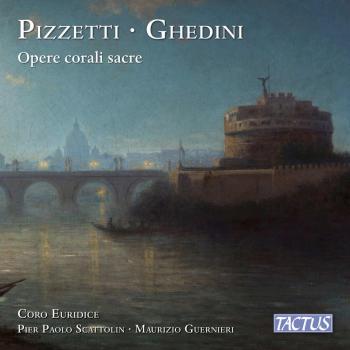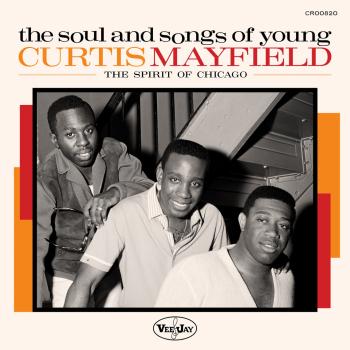
Of the 30 piano concertos ascribed to Mozart today, 27 are proven to have been written by himself. About the first half of this not exactly small legacy of piano concertos was composed by the Salzburg genius in a string orchestra instrumentation without wind instruments. The winds can, if necessary, supplement the string ensemble ad libitum. This approach was quite common at the time. Nowadays, Mozart's piano concertos in question are also performed by wind instruments, which take their part from the string parts. It is obvious that the addition of wind instruments to the string ensemble gives the concertos a distinctly different character. It is therefore all the more gratifying that the new album has been recorded with three of the last of the original piano concertos composed purely for strings, the Concertos K. 413, 414 and 415 with the original instrumentation. With only 13 strings, the Augsburg-based Bayerische Kammerphilharmonie, which regularly performs without a conductor, is likely to come very close to the orchestration of Mozart's time. This string ensemble does without a strictly historicizing style of playing and historical instruments in accordance with Mozart's time, although it is miles away from a romantic aesthetic of beauty and is clearly closer, albeit in a lessened form, to the historicizing camp of Nikolaus Harnoncourt.
The crystal-clear sound of the Bayerische Kammerphilharmonie harmonizes almost perfectly with the completely undisguised, powerful playing of pianist Alexander Schimpf, who makes full use of the dynamics inherent in these concerts in a highly virtuoso manner, and who, despite the inwardness composed into the slow movements of the two concertos recorded here, does not owe anything to this. Without falling into the inhuman rapid exploitation of young pianists, Alexander Schimpf, who will soon be 40 years old, belongs rather to those pianists of the old type who build their careers solidly with a long breath in the necessary calm, which matures over the years and whose name will still be on everyone's lips the day after tomorrow. It is fitting that the award-winning pianist, who has performed successfully in major concert halls, is holding a professorship for piano at the Hanover University of Music, Theatre and Media since 2016.
Alexander Schimpf and the Bayerische Kammerphilharmonie Philharmonic have enjoyed a long-standing friendship, which, as on the current album with three piano concertos by Mozart, has paid off in full artistic terms, since the two entities seem to be in complete agreement and play music in a mutually animating manner. The result is perfect, natural music making, which the pianist considers of the utmost importance, as he explains in the booklet: “This music should ideally be presented as something that emerges entirely naturally, of its own accord. All the mental and technical effort in the background should be eliminated from the forefront of perception. Otherwise, the typically ‘floating’ Mozartian natural“.
This Mozart album is a serious candidate for the legendary desert island. There, too, you will certainly enjoy the excellent recording technique of this download, in which piano and strings are captured equally prominent.
Alexander Schimpf, piano
Bayerische Kammerphilharmonie
Gabriel Adorján, direction








